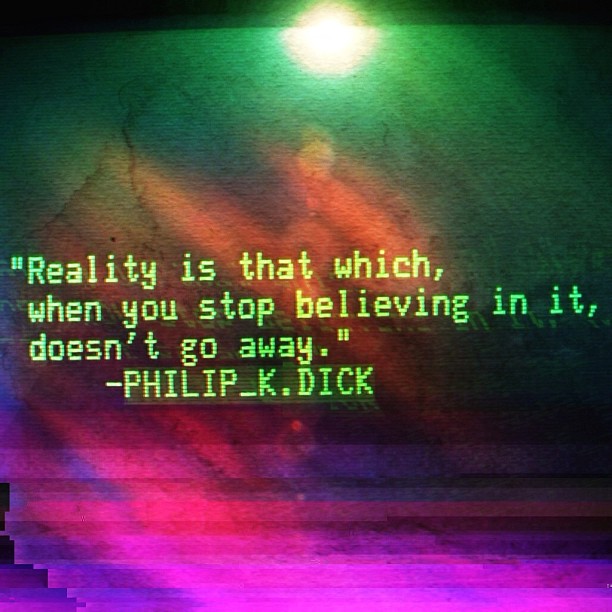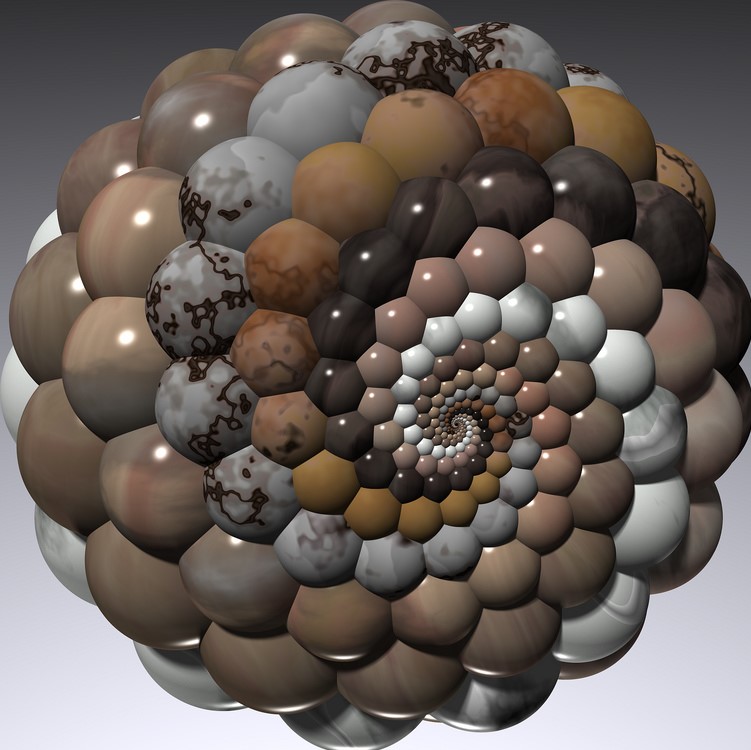A significant part of San Francisco’s public transit system was hit by a cyberattack this weekend. It looks like ransomware, but the hackers haven’t actually asked for anything yet. SFMTA is currently just giving everybody free rides. Their email system was also impacted. Employees aren’t sure if payroll will go through properly.
lol who knows ¯\_(ツ)_/¯
I saw two different people tweet that this virtual hijacking is a sign: we live in a dystopian sci-fi novel after all! (What else is new…) Immediately, I thought of the essay that I linked in response to the election, “On Trying Not To Be Wrong”:
Like many people, I’ve thought 2016 was a surreal year; the Cubs won the World Series, the Secretary of State went on television to warn people about white-supremacist memes, Elon Musk has landed rockets on ocean platforms and started an organization to develop Friendly AI. Surreal, right?
No.
It’s real, not surreal. If reality looks weird, this means our stories about it are wrong. […] And being totally wrong about how the world works is a threat to survival.
Sarah Constantin is right. Reality marched on without those of us who misjudged it. Ironically, since I was so thoroughly deceived by 2016, “The Cyberpunk Sensibility” feels pretty damn correct right now. All those ’80s authors who pioneered computer-noir were more prescient than they probably realized.
Venkatesh Rao wrote about engaging with uncomfortable realities in a particularly good episode of Breaking Smart:
23/ This means accepting that your mind will need to go into both distressing and flow regimes as required by the situation, and accepting whatever emotions result.
24/ Perhaps the most important emotion to manage is that of feeling powerless. This causes acute distress and strong retreat-to-prowess urges.
25/ But you’re rarely entirely powerless. You can usually cobble together some meaningful, if clumsy, response to a situation with the skills you have.
26/ On the frontier, where there are no experts, and everybody is a beginner, this is often the only possible response. Unexplored nature is the ultimate asymmetrically superior adversary.
[…]
49/ The world is full of people and groups terrified of wandering beyond situations they are confident about handling. Those who make overcoming that terror a habit have an advantage.
50/ When a group of such people, with better-than-the-rest levels of emotional self-regulation, band together, they can form an unstoppable force. That’s what it takes for groups and organizations to break smart.
We can do it. Well, some of us. Which of us remains to be seen. Honestly, I am frightened that I may not be able to manage this.





